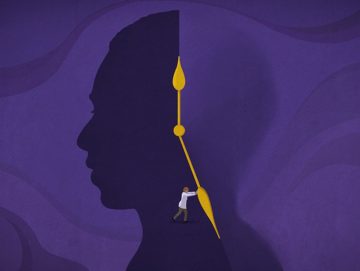From Nature:
 When Oscar Wilde left prison in 1897, shocked observers saw how a two-year sentence with hard labour for gross indecency had prematurely aged the Irish playwright. Shunned by London society and ostracized by his family, he died penniless in Paris three years later, aged 46. Had the scientific field of human ageing been as active then as it is now, the apparent change in Wilde’s biological age might have been of interest to researchers. Indeed, the loneliness, stress and exposure to infectious disease that he endured during his incarceration are particularly relevant today as we consider the impact of a global pandemic.
When Oscar Wilde left prison in 1897, shocked observers saw how a two-year sentence with hard labour for gross indecency had prematurely aged the Irish playwright. Shunned by London society and ostracized by his family, he died penniless in Paris three years later, aged 46. Had the scientific field of human ageing been as active then as it is now, the apparent change in Wilde’s biological age might have been of interest to researchers. Indeed, the loneliness, stress and exposure to infectious disease that he endured during his incarceration are particularly relevant today as we consider the impact of a global pandemic.
One of Wilde’s best-known literary creations is Dorian Gray, whose Faustian pact ensures that a portrait in the attic reflects the ravages of time while he remains young. Can science deliver what the devil did for Gray and stave off the effects of ageing? Some biotechnology start-ups are looking to boost autophagy, in which cells shed damaged constituents, to combat age-related disease. But when it comes to shifting someone’s biological age, researchers are divided on the extent to which epigenetic clocks — machine-learning algorithms that rely on the methylation of DNA — can effectively measure the efficacy of anti-ageing interventions. There are similar divisions around whether or not we have reached the limit of the human lifespan.
More here.
